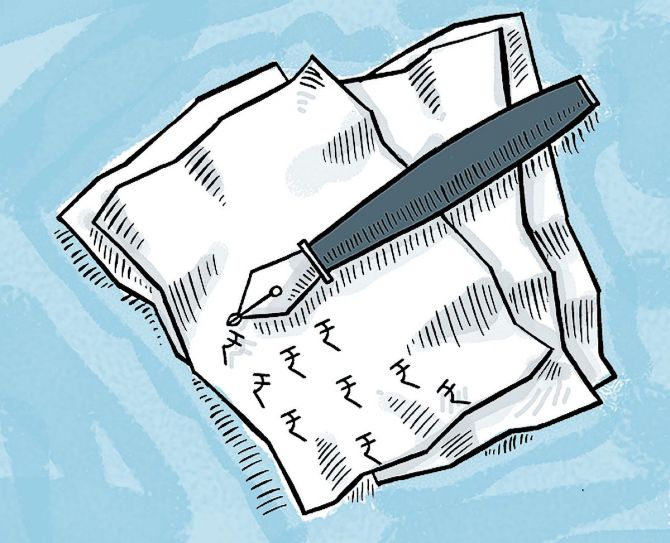The Economic Survey released before next year’s Budget could become a single volume, reverting to the practice followed till FY14.

“There is so much to write about the Indian economy’s performance in the past year.
"Most of the exciting themes will be covered in what used to be considered Part II,” said a senior government official who is part of the preparations for the Survey.
The Economic Survey, which is tabled in Parliament a day before the Budget, has been a two-volume affair from FY15 when Arvind Subramanian was the Chief Economic Adviser (CEA).
This was continued by his successor, KV Subramanian, till FY21.
The first volume contained a set of prescriptive chapters for the economy for the future, which allowed the CEA a large scope to explain his thoughts.
It came to occupy a more prominent position in terms of media coverage and reference.
As a result, the second volume lost its importance somewhat, and became a kind of a list of the developments in the Indian economy in the past year.
Going into Budget FY22, two factors have led to a rethink on this practice. First, CEA KV Subramanian announced his resignation in October this year.
The current CEA’s term ends on December 6.
The finance ministry has advertised for the position, but the new CEA would have barely two months before the Budget is read out by finance minister Nirmala Sitharaman on February 1, 2022.
Second, the political leadership is keen to elaborate on the tumultuous events in the Indian economy — starting from the second wave of Covid-19 to bouncing back with an impressive recovery.
Traditionally, the Survey reviews the developments in the economy over the previous 12 months, summarises the performance on major development programmes, and highlights the policy initiatives of the government.
Government officials feel that the long line of significant reforms this year, several of them contested, but now beginning to show results, need to be explained in detail.
This includes granular details of how the recovery has been steered by the government, often turning adversities into advantages.
In other words, a lot of time would have to be devoted to a recital of these developments.
“Effectively, Part II of the Survey is going to be the most exciting one,” said the official.
It will also set the tone for reforms which the government plans to undertake in the future.
The final call will be taken once the new CEA is in office, but the contours are already in place, leaving little scope for a two-volume edition of the Economic Survey this time.
The Economic Survey sets the context in which the Union Budget is presented by the finance minister.
The Survey first appeared in the Budget documents in 1950-51 but the practice was changed to table it in Parliament just days ahead of the Budget to offer members a more informed evaluation of the economy.
While it offers a wealth of data on the economy, the recent profusion of high frequency data has made those dated. Recent chief economic advisers (CEAs) have, therefore, sought to make it more of an analysis of the economy.












 © 2025
© 2025